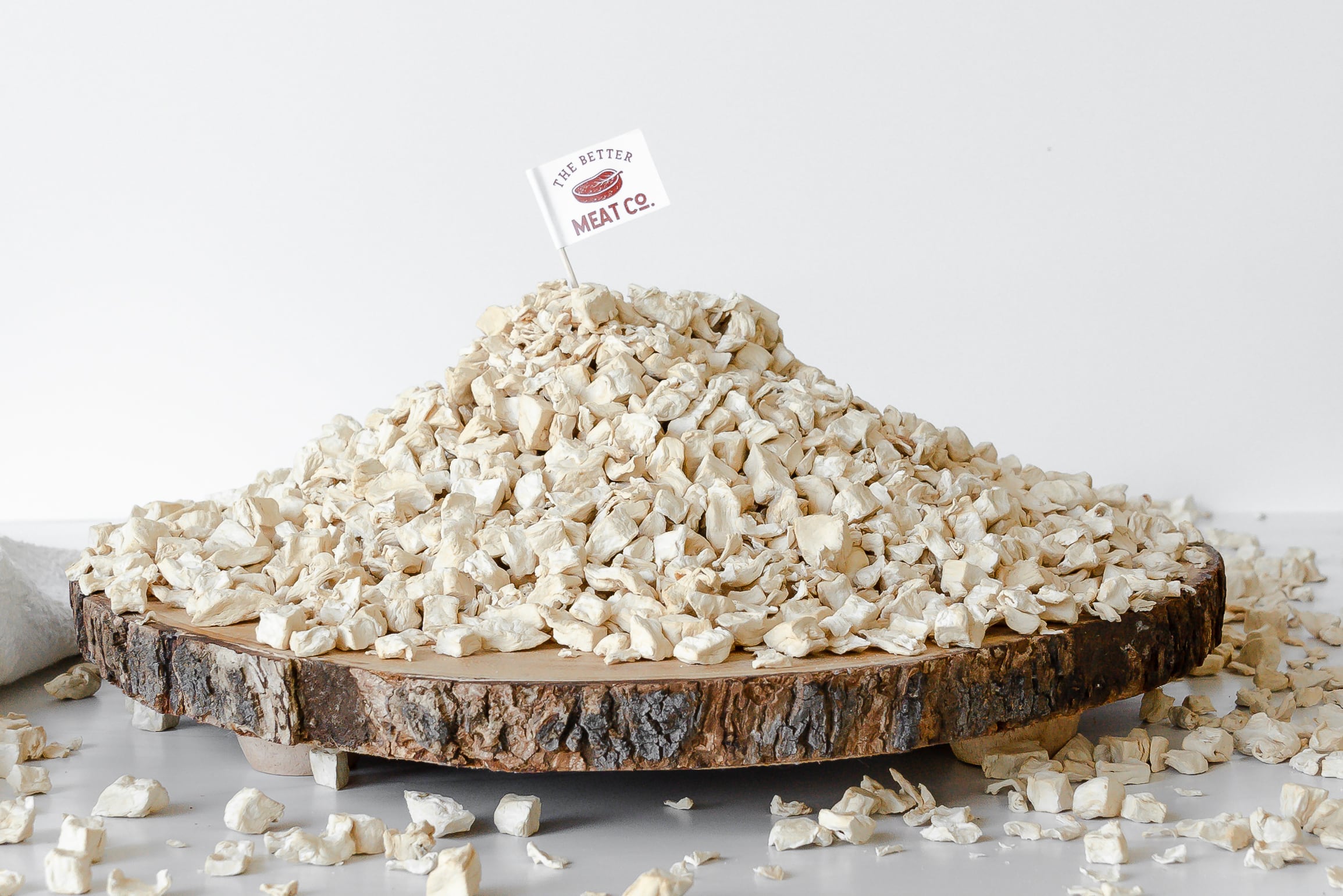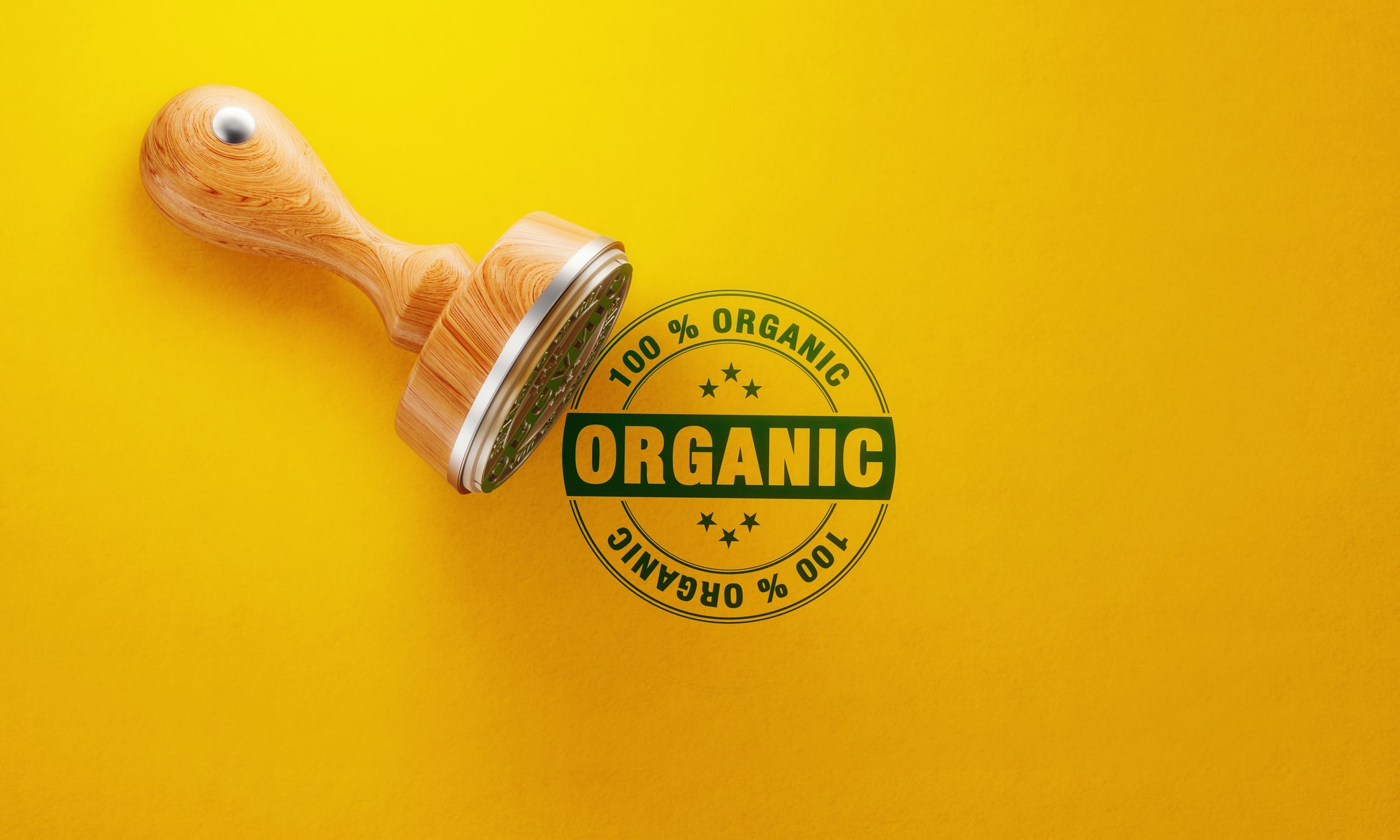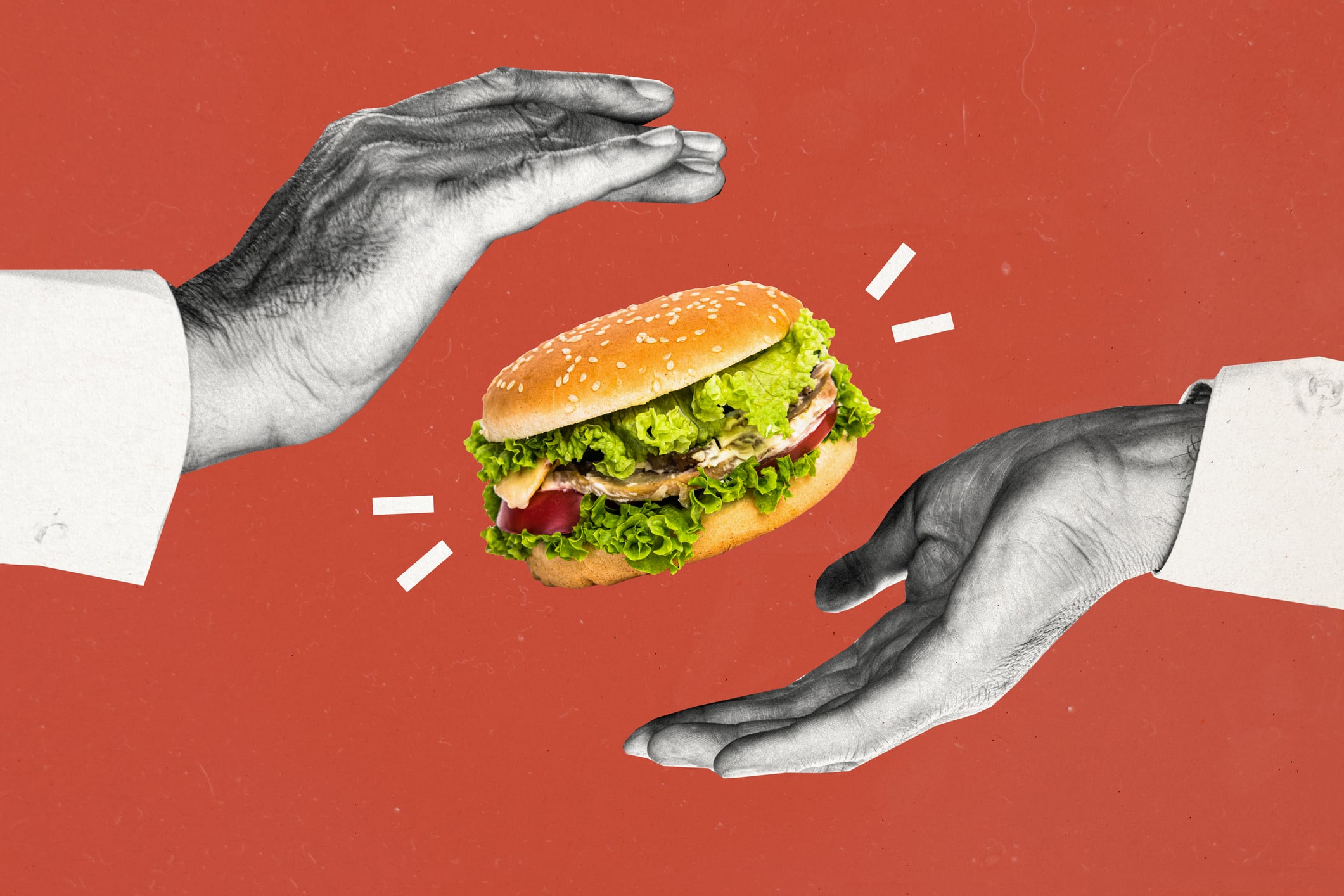As investor appetite for alternative protein wanes, The Better Meat Co. has defied the trend with an oversubscribed $31 million Series A to scale its Rhiza mycoprotein platform to commercial levels.
The company aims to sell commercial quantities at prices lower than US commodity ground beef by 2026, according to CEO Paul Shapiro.
The round was co-led by Future Ventures and Resilience Reserve, and joined by Hickman’s Family Farms’ CEO Glenn Hickman, Epic Ventures, Sigma Ventures and other new and returning investors.
Shapiro said the raise gives The Better Meat Co. the resources it needs to bring years of R&D into full-scale commercial production.
“The significance is, frankly, that the company has a chance to scale the technology that we have been working for years to invent and optimize,” he explained. “Fundraising is an imperative, but it’s not the goal for us. Bringing the funding in is the means to the goal of building a profitable company that is making a product that can help build a more sustainable food system.”
Competing where plant-based has struggled
Shapiro positioned Rhiza mycoprotein as addressing the “three Ps” that have weight down plant-based meat: price, performance and perception.
“We’re making an ingredient that, in its all natural whole food state, is packed with incredible nutrition, is extremely sustainable and that at scale, can compete on cost with meat,” he said. “Rhiza mycoprotein is the antidote to all three of those concerns. It can compete at scale on cost with meat. It has a far more meat-like texture than plant protein extrudates,” in addition to being “an all-natural whole food.”
Unlike the popular pea protein, which requires multiple processing steps before extrusion plus added flavor systems, Shapiro emphasized that Rhiza comes right out of fermentation with an inherently meat-like texture, reducing the need for additives.
‘Enhanced meat’ as a bridge to cost-effective, healthy protein
While Rhiza can be used in fully animal-free products, Better Meat is also leaning into blended formats, which Shapiro prefers to call “enhanced meat.”
“Interestingly enough, in our focus groups we found that when consumers hear the term ‘blended meat,’ they think of meat that was literally put into a blender,” he noted. “So, we don’t use that term. I call it enhanced meat. The point is that meat prices are going up, and so meat companies are looking for ways to ameliorate some of that price increase, and having a cost-effective ingredient like Rhiza mycoprotein offers them a good option.”
That strategy has precedent in the US market with Perdue Chicken Plus, which has been on the market for more than 5 years, “and does quite well,” Shapiro said.
Better Meat Co. has supplied Perdue’s Chicken Plus line, which combines chicken with alternative proteins, since 2019.
Standing apart in a ‘wintry’ market
Better Meat’s raise comes at a time when many food-tech peers are facing layoffs, acquisitions or bankruptcy.
“The landscape is a wintry one,” Shapiro said. “Every week I read stories about other comparables in the food-tech sector that are doing layoffs, going bankrupt, shutting down altogether,” which is “very sobering.”
Shapiro emphasized that Better Meat’s differentiation lies in its product and its strategy.
Beyond the taste advantages of Rhiza, he said, the company is not aiming to be another branded competitor in the plant-based aisle. Instead, its focus is on becoming a behind-the-scenes supplier, which provides core ingredients across the food industry without selling directly to consumers. Today, he added, there is no global B2B provider of mycoprotein ingredients, and Better Meat Co. aims to fill that role.
Looking ahead
Better Meat Co. is expanding production capacity with a new facility, while maintaining its 9,000-liter fermentation Sacramento site as headquarters.
The company has achieved several key milestones – including a regulatory greenlight from both FDA and USDA (the only mycoprotein deemed “safe and suitable” for inclusion in animal meat by USDA), approval in Singapore, five signed letters of intent with major meat companies, and multiple patents, according to Shapiro.
With continuous fermentation in place and demand for cost-effective proteins rising, Shapiro says he sees Better Meat’s technology as a new microbial crop for the food industry.
“There are thousands of different species that you can grow, and some of them have different colors, taste, textures, nutritional profiles,” Shapiro explained. “In our case, we have a species that is very meat-like in its texture, that grows very rapidly, and that we can grow in very cost-effective ways. We are bringing a novel crop to humanity,” he added.




